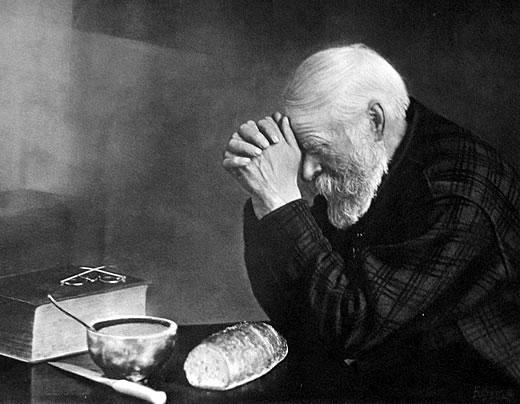I have talked in previous articles on the importance of myth and story, and that how we apprehend and interpret reality depends on the stories we tell ourselves, and which we consider to be true. The point of talking in this way is to draw attention to the idea that facts are often the enemy of myths because they can lead to a literalism that is simply devastating—a devastation that is not merely an academic matter, but one writ large in blood for the last four centuries at least.
To go back to the original Catholic and Protestant divisions and conflicts would be to go too far for the purposes of this short article. Indeed, what I would like to do is to include myth’s short form, and explain in one simple and transparent example just how devastating this tendency can be.






